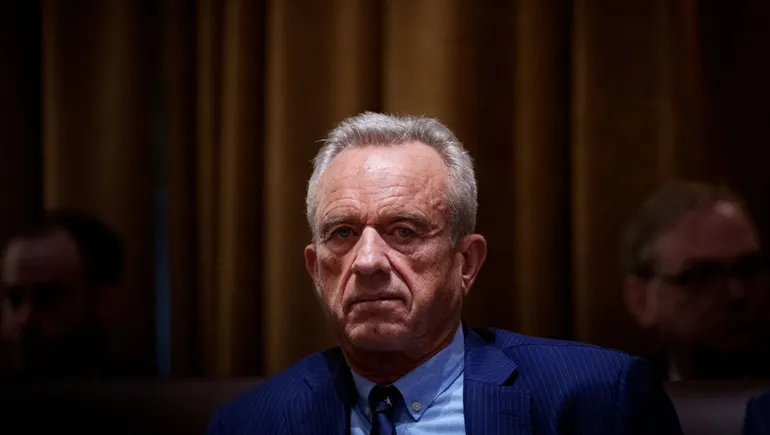Listen to the article
Dive Brief:
Health and Human Services secretary Robert F. Kennedy Jr., has abruptly fired all members of the committee guiding the Centers for Disease Control and Prevention’s vaccine recommendations, creating fresh uncertainty about the way the public health agency might scrutinize new and existing shots going forward.
In an op-ed published in the Wall Street Journal Monday, Kennedy said the move was designed to “re-establish public confidence in vaccine science” and eliminate the “conflicts of interest” and “skewed science” pervading the panel. Analysts, however, warned that their replacements could be more aligned with RFK Jr.’s disproven beliefs about the alleged dangers of vaccines.
HHS hasn’t yet said who will replace the departing panelists. However, an upcoming advisory meeting on June 25-27 is still scheduled and expected to discuss new recommendations for COVID-19 vaccines and other shots. A new meeting agenda hasn’t yet been published.
Dive Insight:
Prior to Monday, vaccine makers were already under intense pressure.
Since new leadership has taken over U.S. public health agencies, the Food and Drug Administration has announced stricter guidelines surrounding the use of COVID-19 shots and called for more rigorous testing for the vaccines in development. Companies such as Novavax and Moderna have faced regulatory delays and are now tasked with new testing requirements. In the meantime, Kennedy, a prominent vaccine skeptic, has expressed lukewarm support for proven shots like the measles vaccine and vocalized fringe theories about vaccine safety.
The abrupt firing of the 17 members of the advisory committee on immunization practices, or ACIP, adds more uncertainty. The panel, comprised of a group of independent public health experts, meets several times a year to review data and vote on vaccine recommendations to the CDC director. Its guidance ensures which vaccines insurers are required to cover without defraying costs to patients. ACIP recommendations also determine which shots are part of the Vaccines for Children Program, which provides to shots for families who may not be able to afford them.
“This marks the end of a distinguished 64-year period in which the committee guided vaccine policy decisions for the federal government,” wrote Richard Hughes, a lawyer with the firm Epstein Becker Green, in an email to clients, Monday.
In a research note, William Blair analyst Myles Minter called the move a “hindrance to the vaccine development space,” as incoming committee members “may have more restrictive recommendations on vaccine uptake and use.”
Minter added that ACIP and FDA’s viewpoints could be “more closely aligned” going forward, which could close the gap between “broad FDA prescribing labels and narrow ACIP recommendations.”
Daina Graybosch, an analyst at Leerink Partners, noted how future ACIP panelists will likely be “sympathetic to at least some of RFK [Jr.’s] beliefs regarding the alleged dangers of vaccines,” such as a long debunked link to autism.
“At worst, the committee could upend current recommendations for novel and existing vaccines,” Graybosch wrote.
RFK Jr. made several pledges to earn the support of Sen. Bill Cassidy, R-La., and be confirmed as HHS Secretary. Among them was to maintain the ACIP panel.
“Of course, now the fear is that the ACIP will be filled up with people who know nothing about vaccines except suspicion,” Cassidy, chairman of the Senate’s health committee, posted Monday on the social media site X. “I’ve just spoken with Secretary Kennedy, and I’ll continue to talk with him to ensure this is not the case.”


